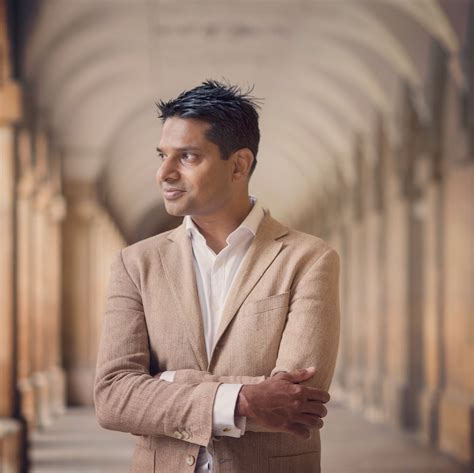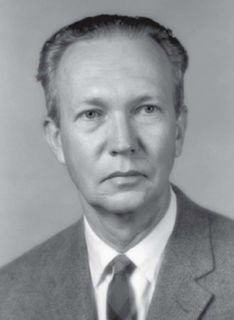A Quote by Georg C. Lichtenberg
It is with epigrams as with other inventions; the best ones annoy us because we didn't think of them ourselves.
Related Quotes
I often say that I'm a Buddhist-Episcopalian. I say that partly to annoy people.I like to annoy people who think that a religion can contain the whole truth. No religion, it seems to me, contains the whole truth. I think it's mad to think that there is nothing to learn from other traditions and civilizations. If you accept that other religions have something to offer and you learn from them, that is what you become: a Buddhist-Episcopalian or a Hindu-Muslim or whatever.
We may seem the weakest and most insignificant of all the Realms, but our strength comes in other ways. We have what no other race has: imagination. Any one of us, even the lowliest, can create worlds within ourselves; we can people them with the most extraordinary creatures, the most amazing inventions, the most incredible things. We can live in those worlds ourselves, if we choose; and in our own worlds, we can be as we want to be. Imagination is as close as we will ever be to godhead, Poison, for in imagination, we can create wonders.
Self-deception is a defining part of our human nature. By recognizing its various forms in ourselves and reflecting upon them, we may be able to disarm them and even, in some cases, to employ and enjoy them. This self-knowledge opens up a whole new world before us, rich in beauty and subtlety, and frees us not only to take the best out of it, but also to give it back the best of ourselves, and, in so doing, to fulfil our potential as human beings. I don't really think it's a choice.
We forgive, if we are wise, not for the other person, but for ourselves. We forgive, not to erase a wrong, but to relieve the residue of the wrong that is alive within us. We forgive because it is less painful than holding on to resentment. We forgive because without it we condemn ourselves to repeating endlessly the very trauma or situation that hurt us so. We forgive because ultimately it is the smartest action to take on our own behalf. We forgive because it restores to us a sense of inner balance.




































